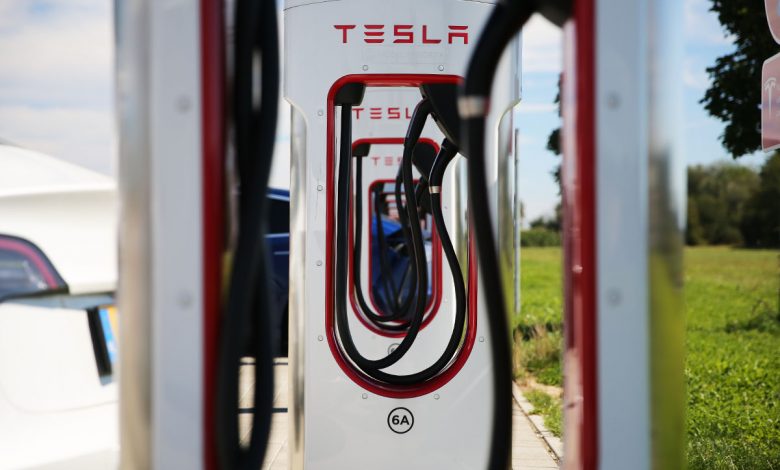Charging time is still a barrier for some people planning to switch to electric vehicles, as they do not want to spend much time tied to the charging station. Some modern electric models take about an hour to charge fully on DC fast chargers, but the charging times could be way less with a new charging station cable design developed by engineers at Purdue University.
One of the limiting factors of charging speeds is overheating. An EV charging cable carries a high current which means high heat is generated. If there is no efficient means of removing this heat, the cable gets damaged.
The engineering team at Purdue University was able to design a cooling method that enabled the cable to transmit about 4.6 times the current standard charger can handle. It means the new cable can remove up to 24.22 kW of heat. American carmaker Ford funded the research and development.

Issam Mudawar and his team have demonstrated the prototype in the lab. It accommodates over 2,400 amperes which is even far more than the 1,400 amperes that would enable the charging time to reduce to five minutes. The best chargers today deliver only 520 amperes, for comparison.
Other factors come to play when an electric vehicle is being charged apart from the charging cable. These include the power output rating and power input rating of the EV’s battery. These two factors must be rated 2,500 amperes for the charging cable to work.
The real-life test is yet to come, and Mudawar hopes to test the new cable with EV makers and cable manufacturers.
Mudawar has spent 37 years researching how to cool electronics more efficiently by a liquid-to-vapor cooling system which is ten times more efficient than pure liquid cooling. Matt Stover, director of charging, energy services, and business development at Ford, commented, “Ford is committed to making the transition to electrification easy. We are glad to support Purdue’s research, which has the potential to make electric vehicle and commercial fleet ownership more appealing and accessible.”